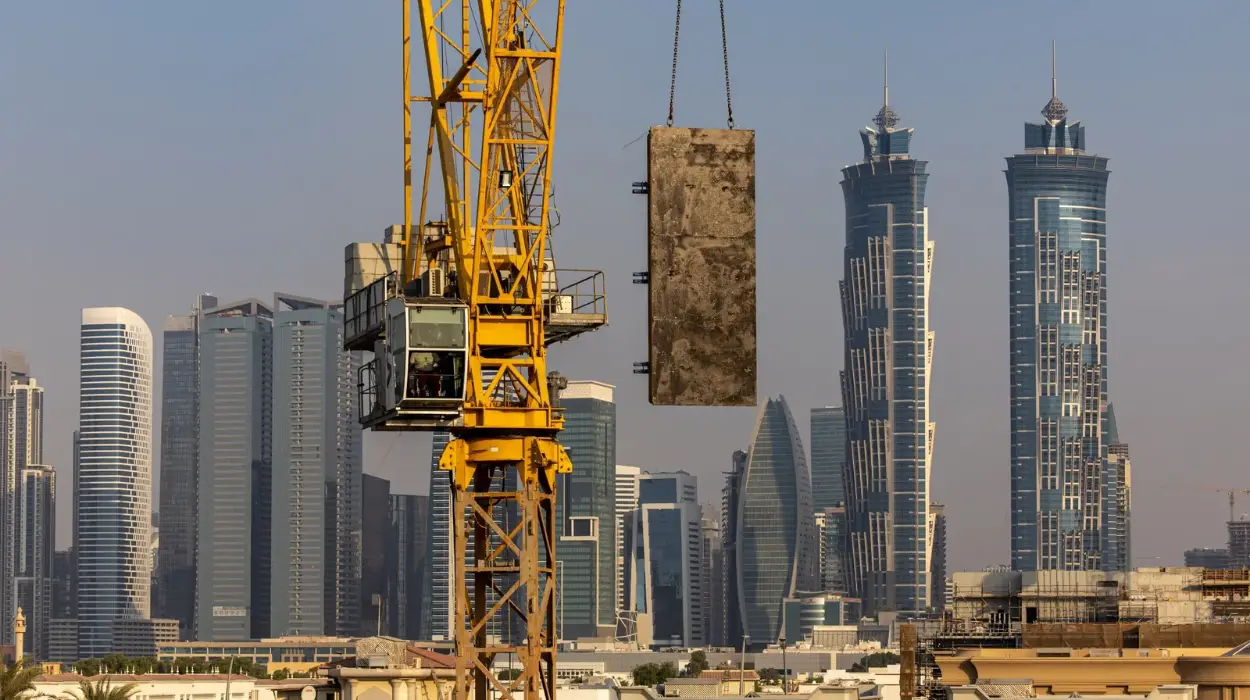Dubai has become a notorious global hub for the laundering of illicit wealth, with its burgeoning luxury real estate market attracting elites seeking to conceal and legitimize questionable funds. Over 600 Algerian nationals, including close associates of President Tebboune and influential businessmen from the Bouteflika era, reportedly own nearly 1,000 properties in Dubai valued at over $620 million. This sprawling network of ownership exposes a troubling pattern of elites exploiting Dubai’s lax regulatory environment to hide wealth amassed through corrupt practices and opaque business dealings.
Mechanisms of Money Laundering in Dubai Real Estate
Wealthy individuals use sophisticated mechanisms to launder money through Dubai’s real estate market. Central to these methods are shell companies and proxies, which obscure the true owners behind layers of corporate structures. These entities engage in opaque transactions and inflated property acquisitions that camouflage origins of illicit funds, making it difficult for authorities globally to trace the money’s path. The use of nominee owners and offshore accounts further facilitates this concealment, reinforcing the anonymity provided by Dubai’s permissive financial and real estate regulatory framework.
Read AML Network’s exclusive report:
Report: Global Web of Corruption: 262 Individuals from 38 Countries Nailed in Dubai Real Estate Scandal
Tebboune’s Associates
Background
Several key figures linked to President Abdelmadjid Tebboune have risen to prominence in business circles during his administration. These associates often have backgrounds intertwined with political influence and control over lucrative state contracts.
Alleged Sources of Wealth
Their wealth primarily stems from government contracts, oil and gas sector linkages, and telecom monopolies, with allegations of kickbacks and embezzlement surfacing in local investigations. Funds diverted from public coffers are suspected to fuel luxurious spending abroad.
Real Estate Investments and Concealment
These associates hold extensive real estate portfolios in major Dubai projects such as the Burj Khalifa and Downtown Dubai, purchased through complex layers of shell companies based in offshore jurisdictions. Properties are frequently acquired in cash and through multiple transfers to hinder transparency. Nominee shareholders often protect the real owners’ identities, effectively shielding these elites from scrutiny.
Bouteflika-Era Businessmen
Background
Many businessmen who flourished during President Abdelaziz Bouteflika’s tenure remain influential figures. Known for benefiting from patronage networks and political alliances, they have maintained their wealth despite regime changes.
Alleged Sources of Wealth
Their fortunes allegedly originate from monopolistic practices in construction, import-export businesses, and key public infrastructure projects. Corruption scandals involving these businessmen have been documented by international watchdogs and expose deep systemic graft.
Real Estate Investments and Concealment
These businessmen’s Dubai holdings frequently involve luxury developments like the Palm Jumeirah and Dubai Marina. The investments are channeled through a web of obscured ownership, including shell companies registered in offshore tax havens. Transactions are often layered with currency exchanges and cross-border fund flows to mask illicit origins.
Dubai’s Regulatory Environment
Dubai’s financial and real estate regulatory framework has been criticized for creating enabling conditions for money laundering. The emirate allows foreigners to purchase real estate with minimal disclosure requirements and offers residency benefits tied to property investment. Weak enforcement of anti-money laundering (AML) laws, combined with inadequate transparency of corporate ownership records, creates a fertile ground for elite corruption to flourish. Despite international pressure, significant gaps persist in checks and balances governing luxury real estate transactions.
Broader Impact
The use of Dubai real estate to launder illicit wealth severely undermines Algeria’s governance and public trust. The repatriation of embezzled funds remains elusive, exacerbating economic inequality and hampering development efforts. On a global scale, such opaque financial flows challenge international efforts to combat corruption and disrupt transnational criminal networks, ultimately threatening the integrity of the international financial system.
Investigative findings reveal a disturbing pattern of Algerian elites—including Tebboune’s close associates and Bouteflika-era businessmen—leveraging Dubai’s real estate market to conceal ill-gotten wealth. Nearly 1,000 properties worth over $620 million serve as vehicles to obscure and legitimize funds of questionable origin. Addressing this scandal requires enhanced transparency, stringent enforcement of AML regulations, and international cooperation focused on holding accountable those who exploit global financial systems for personal gain.


